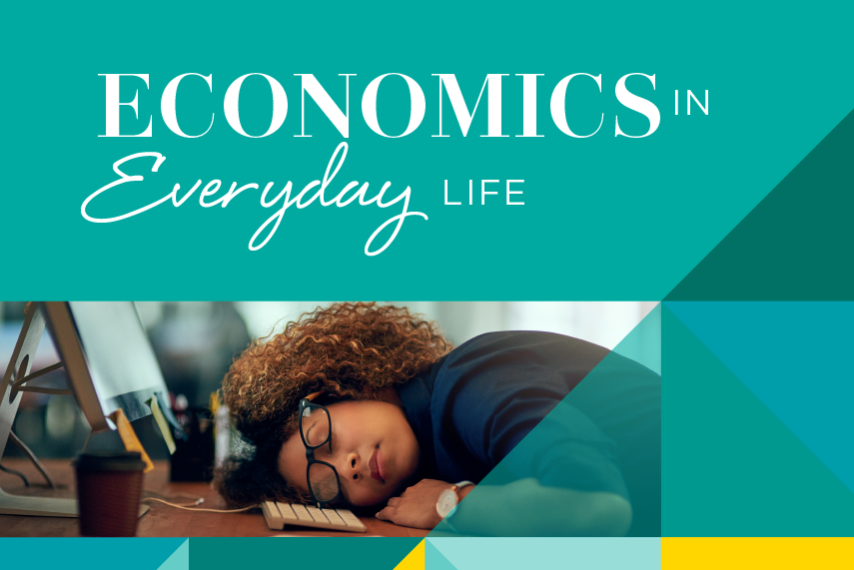

Imagine this: every productive minute in Barbados churns out about $117,500 in goods and services. That’s right — every tick of the clock during working hours quietly powers a $14.1 billion economy.
But here's the reality: we're human. We take coffee breaks. We get stuck in traffic. We wrestle with printers. Sometimes we even “rest our eyes” during long meetings — and that's perfectly normal.
Breaks are essential[i] — they recharge our minds and fuel creativity. The real story isn’t about working nonstop — it's about recognizing that some types of downtime — like inefficient business processes, slow approvals, and infrastructure bottlenecks — carry a hidden cost.
If just five minutes of every productive workday are lost to things like technical glitches, waiting on approvals, or searching for that one missing file, Barbados would "misplace" about:
5 minutes/day × 250 business days = 1,250 minutes/year
1,250 minutes × $117,500 per minute = $146,875,000 per year
That’s nearly $147 million a year quietly slipping away — the cost of everyday friction.
And it doesn’t stop there. If even 5 percent of potential output is lost to broader inefficiencies — outdated systems, traffic congestion, bureaucratic hurdles — the hit could total:
5% × 14.1 billion = 705 million dollars
That’s enough to build a new airport terminal every single year.
The solution isn’t about cutting lunch breaks short or packing more into every hour. It’s about working smarter — making systems cleaner, faster, and more resilient.
Scientific and workplace research consistently shows that simple operational improvements have measurable positive effects on productivity, economic growth, and innovation[ii]. Such operational improvements include:
Every minute saved this way helps Barbados grow stronger — without anyone needing to sacrifice their well-being.
Breaks are good. Creativity needs breathing room. But when downtime comes from inefficiencies, not intentional rest, it quietly eats away at our potential.
By focusing on smarter systems — not longer hours — we can unlock more value, more innovation, and more time to enjoy what really matters.
In a world where every productive minute matters, investing in smarter systems is one of the easiest ways Barbados can unlock greater resilience, growth, and prosperity.
Because in Barbados, every minute matters. And together, small changes can create big gains — without anyone having to skip their afternoon nap.
[i] Breaks are essential:
Ariga, A., & Lleras, A. (2011). "Brief and rare mental ‘breaks’ keep you focused: Deactivation and reactivation of task goals preempt vigilance decrements." Journal of Experimental Psychology: Human Perception and Performance.
Harvard Business Review, "Research: Taking Breaks at Work Makes You Happier, More Focused and More Productive," 2016.
Oppezzo, M., & Schwartz, D.L. (2014). "Give Your Ideas Some Legs: The Positive Effect of Walking on Creative Thinking." Journal of Experimental Psychology: Learning, Memory, and Cognition.
Stanford News, "Stanford study finds walking improves creativity," 2014.
University of Illinois at Urbana-Champaign, "Brief Diversions Vastly Improve Focus," 2011.
[ii] Simple operational improvements make huge differences:
Harvard Business Review, "Why We’re So Bad at Planning Meetings (and What to Do About It)," 2017.
McKinsey Global Institute, "A Future that Works: Automation, Employment, and Productivity," 2017.
MIT Sloan Management Review, "Eliminating Bureaucratic Red Tape to Boost Innovation," 2019.
OECD, "Transport Infrastructure: Effects on Growth and Productivity," 2019.
World Economic Forum, "The Future of Jobs Report," 2020.